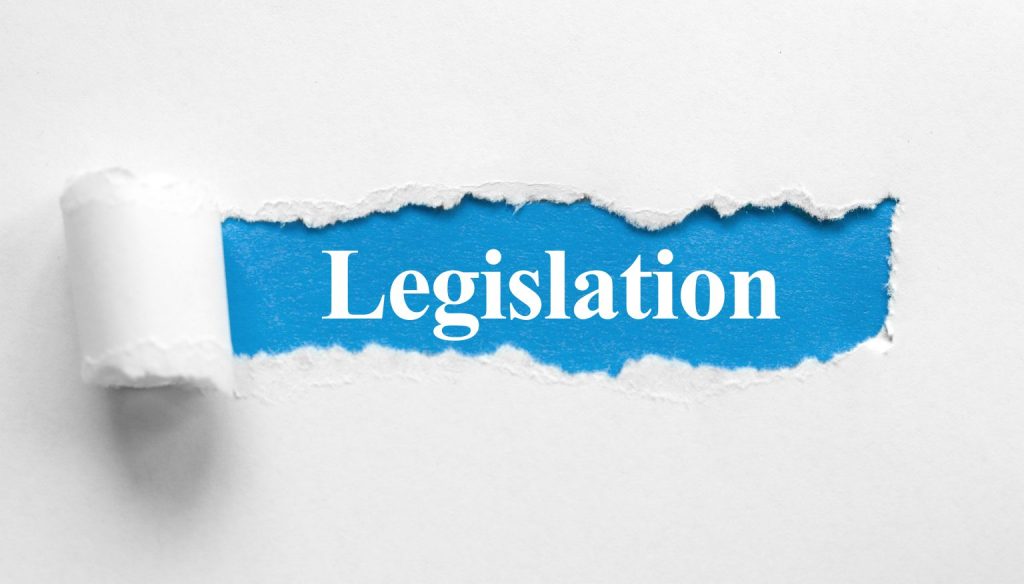
The Supreme Court’s decision in SFFA v. Harvard and SFFA v. University of North Carolina was a victory for advocates of fair and race-neutral college admissions. With the decision, colleges and universities face a new legal landscape and may no longer take students’ race, color, or national origin into account in their admissions decisions. But the Court’s ruling alone is not enough to ensure that institutions fully abandon employing racial preferences. Despite the Court’s clear prohibition of race-based admissions policies, emboldened institutions may attempt to skirt the law by relying on other application materials as proxies for race. Institutions could potentially, for example, give greater preference to applicants who write about their “racial experiences” with discrimination or “contribution to a diverse university environment” in their application essays.
The proposed “Fair Admissions Act” model legislation is designed to prevent these kinds of illicit practices, acting as an enforcement mechanism for the new ruling. In addition to holding institutions accountable by requiring them to collect and, when solicited, make available all admissions data, the model legislation encourages colleges to clearly articulate their goals and concretely assess how their current practices help meet those goals. If implemented, the “Fair Admissions Act” can help ensure that college admissions truly remain race-neutral, thereby ensuring equal opportunity and restoring meritocracy in higher education.
The model bill has also been endorsed by the National Association of Scholars, the Californians for Equal Rights Foundation, and the Asian American Coalition for Education.

“The James G. Martin Center for Academic Renewal’s model Fair Admissions Act supplements and reinforces the Supreme Court’s decision in SFFA v. Harvard and SFFA v. University of North Carolina. This is needed to vindicate the principle of fair and race-neutral college admissions, because so many colleges and universities have indicated that they intend to evade that principle. The model Act requires public universities to provide full information (anonymized for privacy) about all undergraduate applicants for admission, to ensure that universities are transparent, accountable–and unable to evade the intent of the Supreme Court’s decision. The model Act also reinforces the prohibitions against discriminatory admissions policies–while providing carefully tailored exemptions for outreach programs that are not reserved for one race or other identity group. The Act is crafted to appeal to a broad majority of Americans, to work carefully without unintended consequences–and to ensure that universities indeed transform fair and race-neutral college admissions from a principle to a practice. The National Association of Scholars heartily endorses the Martin Center’s model Fair Admissions Act.”
“The Fair Admissions Act offers a model of upholding equality and merit in college admissions. If adopted at both state and local levels, it will consolidate the hard-fought legal victory in the Harvard and UNC cases. This much-needed legislative model is the right step towards fighting discrimination and unfairness. It is also a safeguard that comports with the steady national consensus in support of merit-based college admissions. For these reasons, CFER strongly endorses the Fair Admissions Act.” —Wenyuan Wu, Executive Director of CFER
“AACE is very pleased to endorse this legislative initiative that requires colleges to faithfully implement the Supreme Court’s rulings on SFFA v Harvard/UNC cases. Equal education rights is an indispensable part of civil rights! AACE will continue supporting you during the legislative process.”

